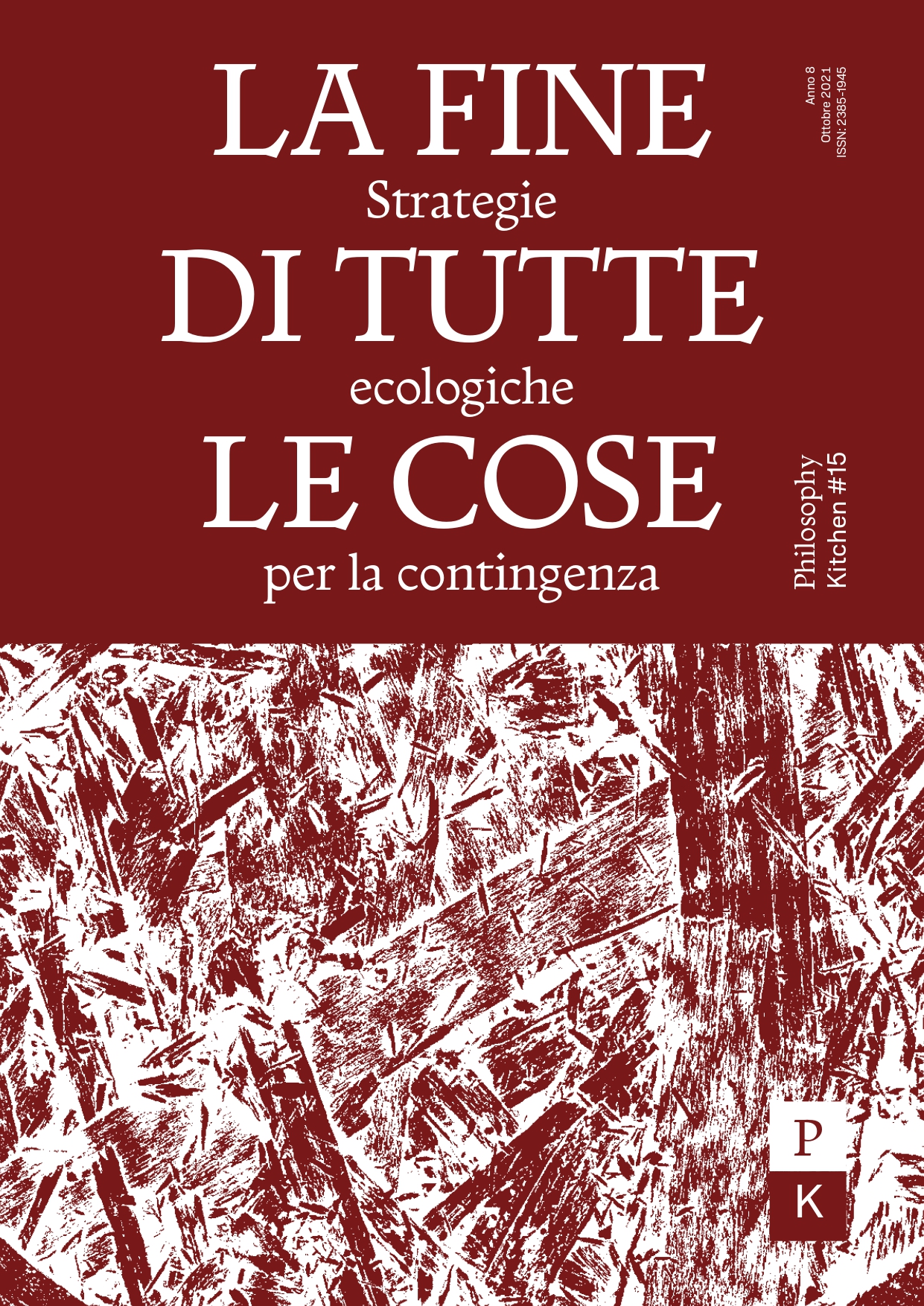There is No Harm in Nature. Notes on the Concept of Nature and the Middle Ages
DOI:
https://doi.org/10.13135/2385-1945/6212Abstract
There is an ancient and glorious concept, the concept of “nature”, that lies at the roots of every ecological discourse. However, in today’s philosophical discussions such a concept is often briefly touched and dismissed as if it were useless or harmful; more specifically, it is regarded as an anti-historical and anti-philosophical notion. A short survey over three Medieval understandings of “nature” (Boethius, John Scottus Eriugena, and Robert Grosseteste) could help us in shedding light on some prejudices, aiming to gain awareness of the real value and meaning of a concept that is so full of history.






